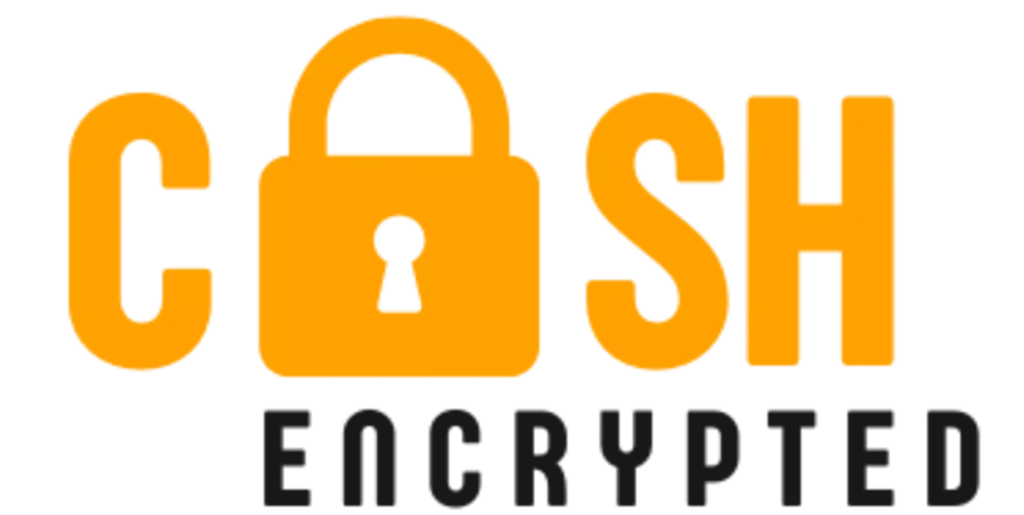Paying off debt quickly can seem like a daunting task, especially for beginners. However, understanding the right strategies can make it manageable and even empowering. By taking charge of your financial situation, you can reduce stress and open doors to financial independence. This guide will walk you through practical steps on debt repayment, from budgeting effectively to understanding different debt reduction techniques.
Assessing Your Financial Situation
Start by listing all of your debts, including credit cards, loans, and other obligations. Record the balance, interest rates, and due dates for each. Organizing this information helps prioritize debts. Understanding interest rates is crucial because high-interest debts should be tackled first. Calculate your total debt load to visualize what you owe. This step provides clarity and direction for your repayment strategy. Online tools can assist in assessing and categorizing your financial commitments, streamlining the path to a debt-free life.
Creating a Realistic Budget
Crafting a budget that prioritizes debt repayment starts with listing all income and expenses. Focus on essential expenses first, like housing, utilities, and food. Allocate remaining funds to debt payments, emphasizing the highest-interest debts. Consider whether you can cut non-essential spending, such as dining out or streaming services, to direct more money toward debts. Adjust categories as needed to stay realistic, ensuring flexibility for unexpected costs. Remember, eliminating debt swiftly boosts financial stability, paving the way for future investments. For insights into financial trends, visit Bitcoin 2025 Outlook.
Choosing a Debt Payoff Strategy
The Snowball and Avalanche methods offer distinct paths for managing debt. The Snowball method targets the smallest debt first, offering quick motivational wins. In contrast, the Avalanche method focuses on the highest interest debt to reduce overall cost. Assess your financial priorities: prefer motivation or saving on interest?
Implementing these strategies involves listing debts and payments. Choose Snowball for psychological boosts or Avalanche for long-term savings. For more on strategic financial decisions, check here.
Increasing Your Income
Exploring additional income streams is vital for accelerating debt repayment. Consider part-time work that suits your schedule. Pursuing freelance opportunities leverages skills you already possess. Online platforms offer access to short-term projects with flexible hours. Explore monetizing hobbies, such as crafting or tutoring, to boost income. Seasonal work like holiday retail or summer gigs can provide temporary add-ons. Diversifying income sources not only aids in debt clearance but can also offer long-term financial benefits. For further insights, explore traditional and decentralized finance comparisons.
Cutting Unnecessary Expenses
Begin by analyzing your monthly expenditures and identifying areas where you can cut costs. Cancel unused subscriptions and memberships. Reduce dining out and opt for home-cooked meals instead. Limit entertainment expenses, like movies or concerts, to essential outings only. Small, regular savings can significantly impact your debt repayment strategy. Prioritize needs over wants and redirect these saved amounts towards your debts. This disciplined approach accelerates debt reduction, freeing funds for future savings or investments.
Utilizing Windfalls Effectively
Unexpected financial gains, like bonuses and tax returns, can significantly speed up debt repayment. Prioritize applying the windfall directly to high-interest debts first to maximize the impact. If you receive a large sum, consider splitting it; use part for debt while saving some for emergencies. This dual approach ensures progress without risking future financial setbacks. Always plan for such windfalls by assigning them a debt-oriented role. Learn more about managing sudden gains through innovative financial strategies here.
Avoiding New Debt
Maintaining financial discipline is crucial to avoiding new debt. Start by managing credit card use effectively: prioritize necessary expenses and pay off balances monthly. Avoid impulse buying by planning purchases ahead. Create and stick to a budget to monitor your spending habits.
Establish an emergency fund to cover unexpected expenses without resorting to credit. Educating yourself on financial management can also be vital. Explore resources like traditional finance versus decentralized systems to broaden your understanding and strengthen financial control.
Seeking Professional Advice
When debt feels overwhelming, a financial advisor can help. Research advisors who specialize in debt management. They’ll analyze your situation and suggest strategies tailored to you. A good advisor collaborates to prioritize debts, budget effectively, and explore new solutions. Sometimes, professional insights can uncover options like consolidation or refinancing that you hadn’t considered. Don’t hesitate to ask questions and ensure you understand their recommendations. Steering your financial path with expert guidance can make the daunting task of debt repayment more manageable.
Final words
In your journey to pay off debts, the key is consistency and commitment. By following the outlined strategies, managing your money becomes less daunting and more of a rewarding challenge. Remember, every small effort counts in achieving financial prowess. Would you like to know more? Dive into additional resources where we explore numerous topics to boost your financial health!
Have you been concerned about your health? Visit our partner
Learn more: https://pleasureinhealth.com/
About us
Cash Encrypted is a group of investors, entrepreneurs and also bitcoin enthusiasts since the 2017 cycle who decided to create a website to share their knowledge


